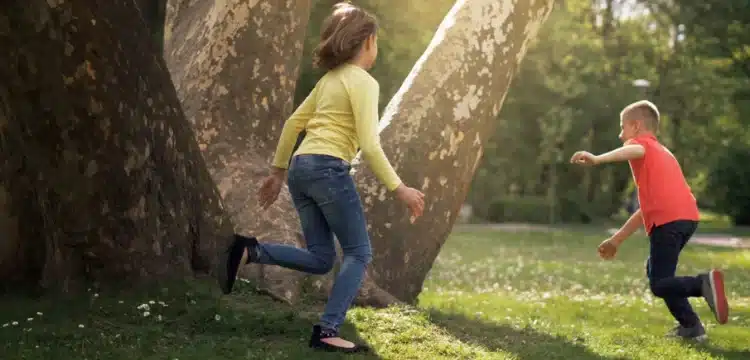[vc_row][vc_column][vc_column_text dp_text_size=”size-4″]The mental well-being of our children is a matter of concern as they face challenges with their mental health. As the number of visits to doctors for anxiety and other issues continues to rise, it becomes crucial to find ways to support them. Thankfully, with the summer break allowing schools to close, families can take advantage of this period to create a fresh start. If approached correctly, this break can set children on a path towards a healthy and successful school year when fall arrives.
To make the most of this break, I spoke with Dr. Neha Chaudhary, a child and adolescent psychiatrist at Massachusetts General Hospital and chief medical officer at Modern Health. She shared several ways in which adults can help their children during the summer, and these suggestions can benefit adults as well.
Dr. Neha Chaudhary emphasizes five important things that children can focus on during the summer. These include establishing a structured routine, engaging in activities that foster a sense of mastery, learning and practicing coping skills, making time for play and enjoyment, and investing in building deeper connections with others. By teaching children these skills, parents can contribute to a fulfilling summer that strengthens their well-being for the upcoming school year.
Chaudhary: We often underestimate the value of the structure provided by the school year. Although it may sometimes feel restrictive, such as waking up early every day, it offers a sense of stability and consistency that significantly impacts mental health. This doesn’t mean you have to wake up at an alarmingly early hour during the summer. You can adjust your wake-up time, but it’s essential to plan how you’ll spend your day and establish a regular routine.
Also Read: Hindu extremist ‘Cow Vigilantes’ beats a muslim man to death in India
Younger children will need assistance from their parents in creating a routine, but teenagers can take the initiative to create their own. For instance, they can start the day with a walk, allocate time for a creative project, catch up with friends, maintain a gratitude journal, and have regular family meals. Joining a structured summer camp or class can also provide the desired routine. It’s about finding what works best for each individual and committing to the established routine, as it brings a sense of comfort to our lives, which we all need right now.
Chaudhary: Scientific research shows that a sense of mastery, where one feels in control of their surroundings, has a positive impact on self-esteem and mood. Setting personal goals and working intentionally towards them is an effective way to develop this sense of mastery. It could involve learning a new language, practicing basketball, or completing a summer reading list. Younger children can focus on learning how to use a new toy.
This approach allows individuals to exercise choice and agency in how they spend their time and what they invest in. Acquiring new skills or engaging in activities that align with personal goals helps develop a sense of mastery. By setting goals and creating a schedule to pursue them, individuals may be surprised by the results and experience a gratifying sense of control over their lives.
Chaudhary: During the school year, children often find themselves caught up in assignments, conflicts with friends, and various social situations, leaving little time to slow down and address their own overwhelming emotions. The summer break, with its reduced pace and stress, provides an ideal opportunity to reflect on the coping skills required when stress levels rise again. It is easier to consider what coping skills one needs to learn when not overwhelmed by stress.
Individuals should identify what triggers their emotions and how they currently cope in those moments when their emotions seem to spiral out of control. It’s crucial to have healthy coping mechanisms in place, such as deep breathing, finding distractions, listening to music with headphones, calming the nervous system with cold water[/vc_column_text][/vc_column][/vc_row]











